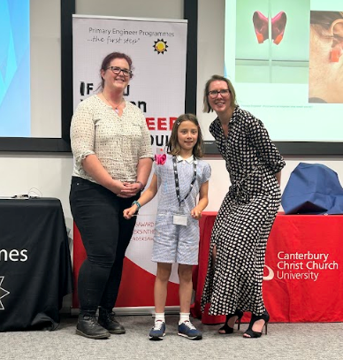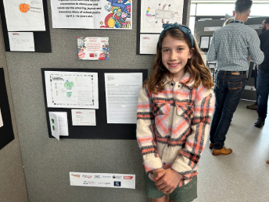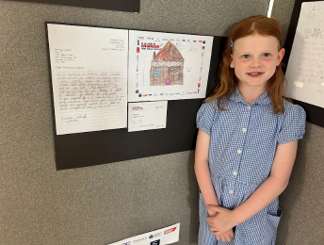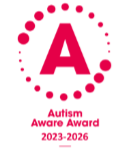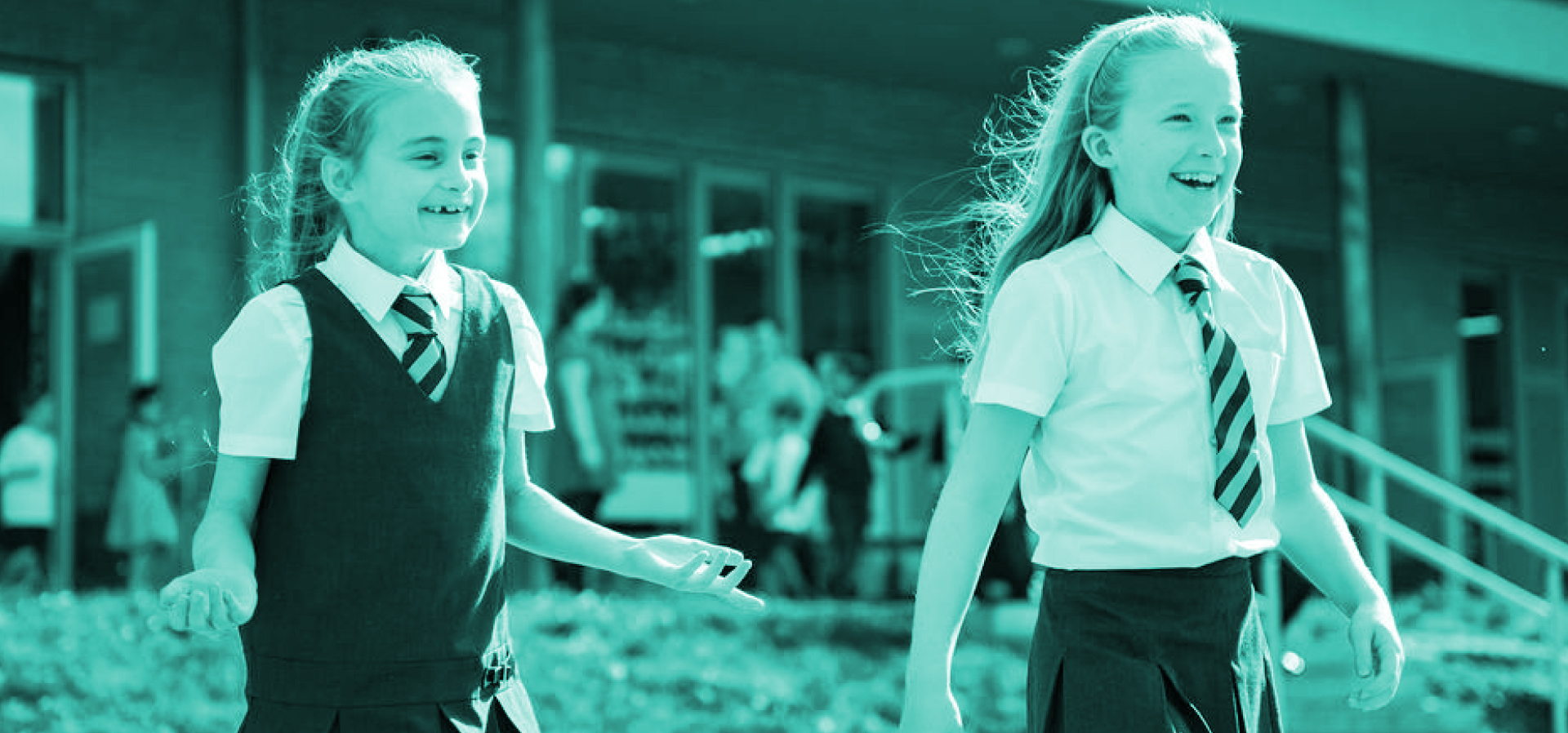
Science
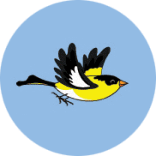
Intent
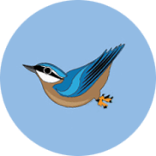
Implementation
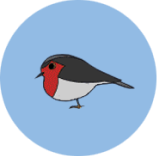
Impact

1. Intent
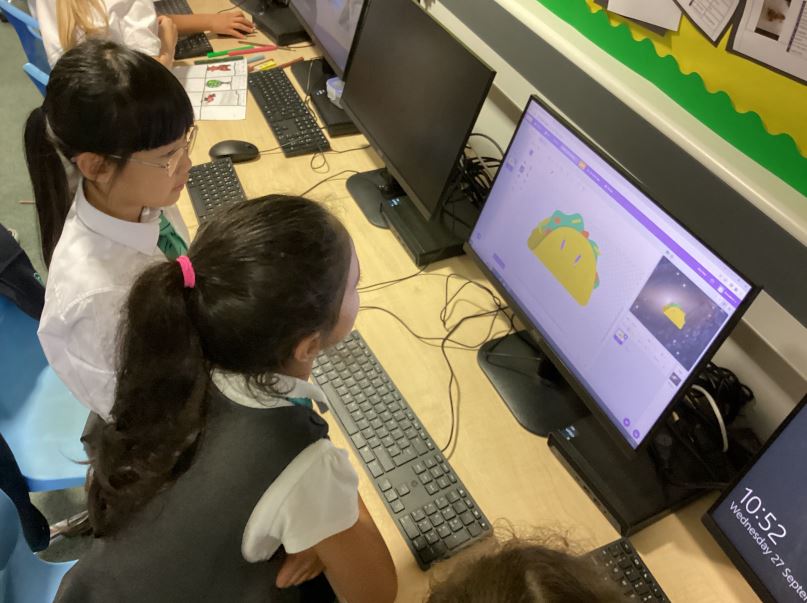
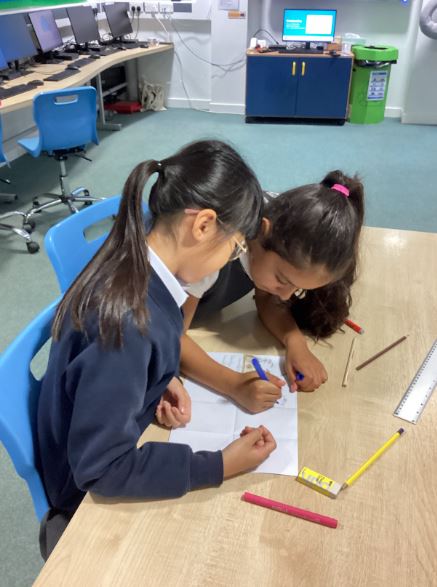
In our rapidly evolving world, science is an essential part of our curriculum. Science teaching at Arunside aims to give all children a strong understanding of the world around them. Children develop specific skills and knowledge to help them to think scientifically, to gain an understanding of scientific processes and also an understanding of the uses and implications of Science, today and for the future! Through fun and engaging lessons, we encourage the children to develop a sense of ‘awe and wonder’ regarding the nature of our World.
While carrying investigations based on real life, children learn how to use a range of equipment safely and accurately. Science links direct practical experience with ideas, it can engage learners at many levels. Whilst working towards end goals, the children will be able to provide evidence and proof of their ideas and discoveries. Technical vocabulary for topics is taught and built up, and effective questioning to communicate ideas is encouraged.
Inspiration will be taken from learning about famous scientists and learning about their work and their contributions to our everyday lives. Children are also able to link their developing knowledge and understanding in other areas of the curriculum. For example, reading scales on measuring cylinders links to learning about volume in mathematics.
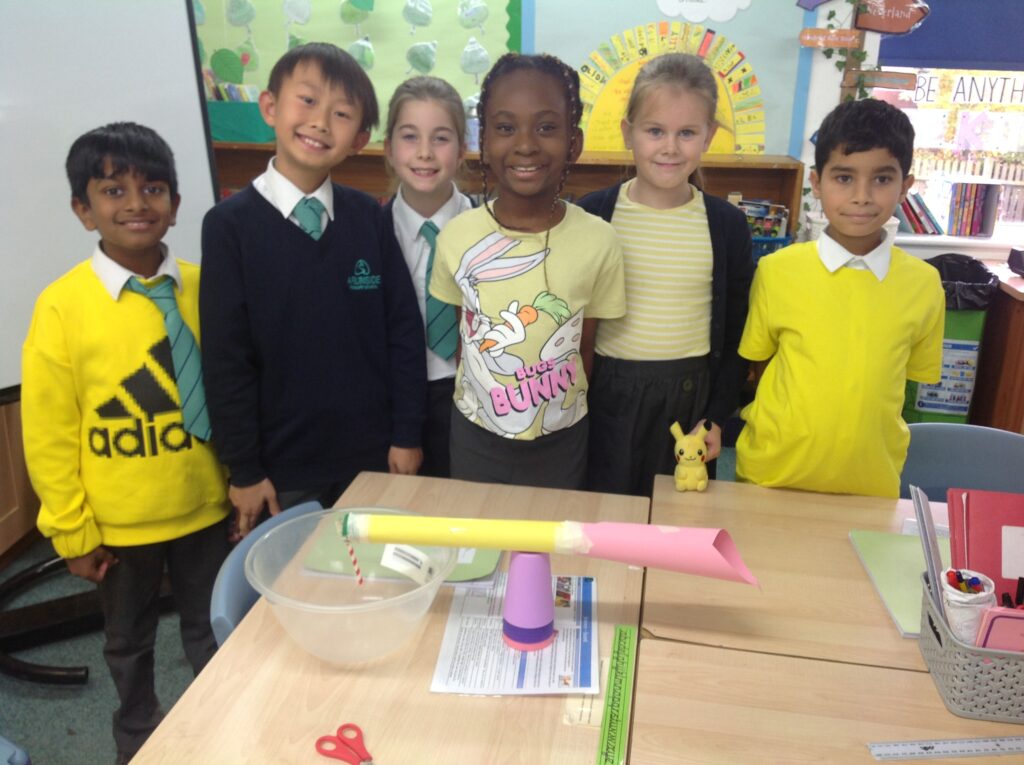
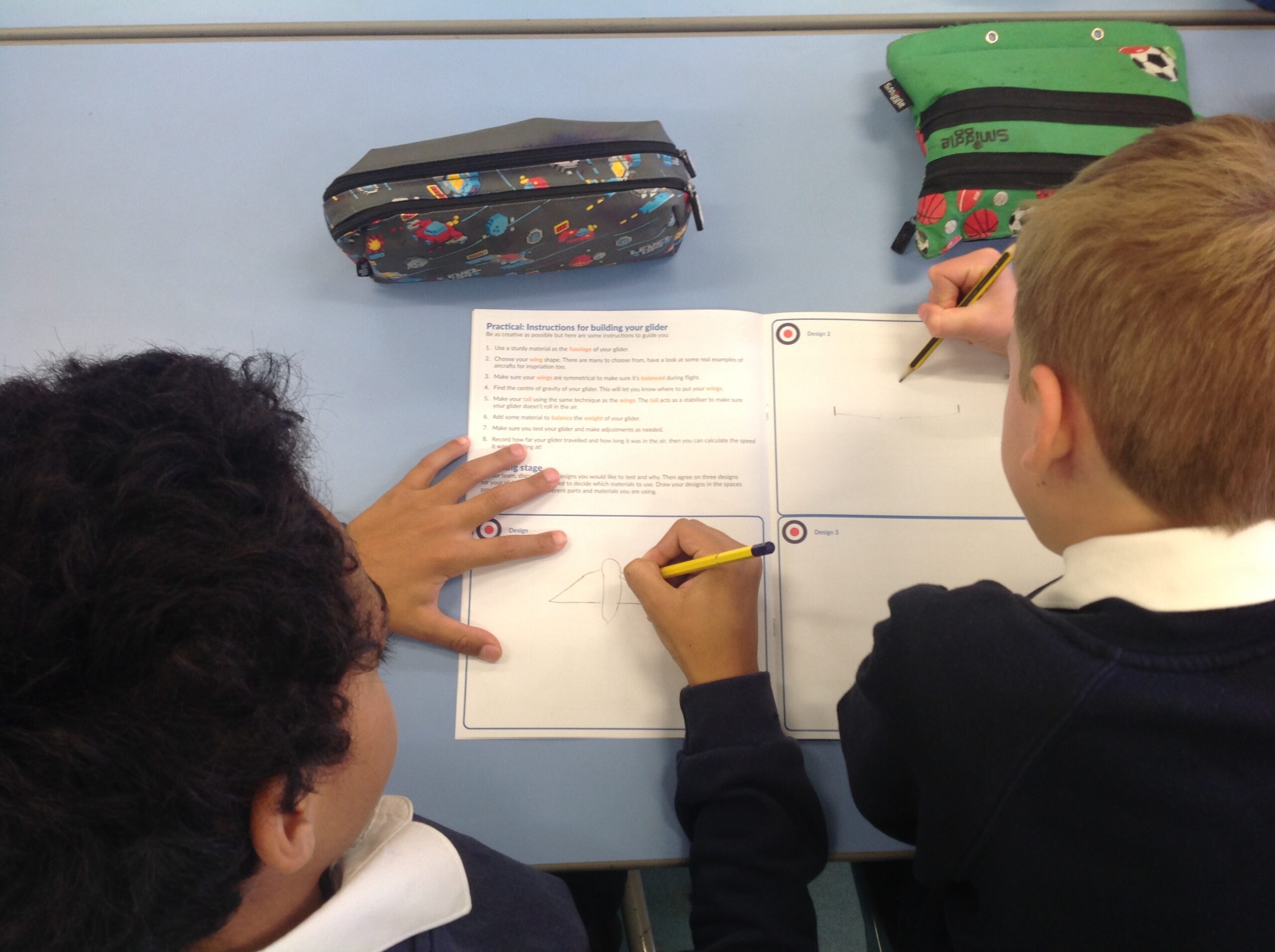
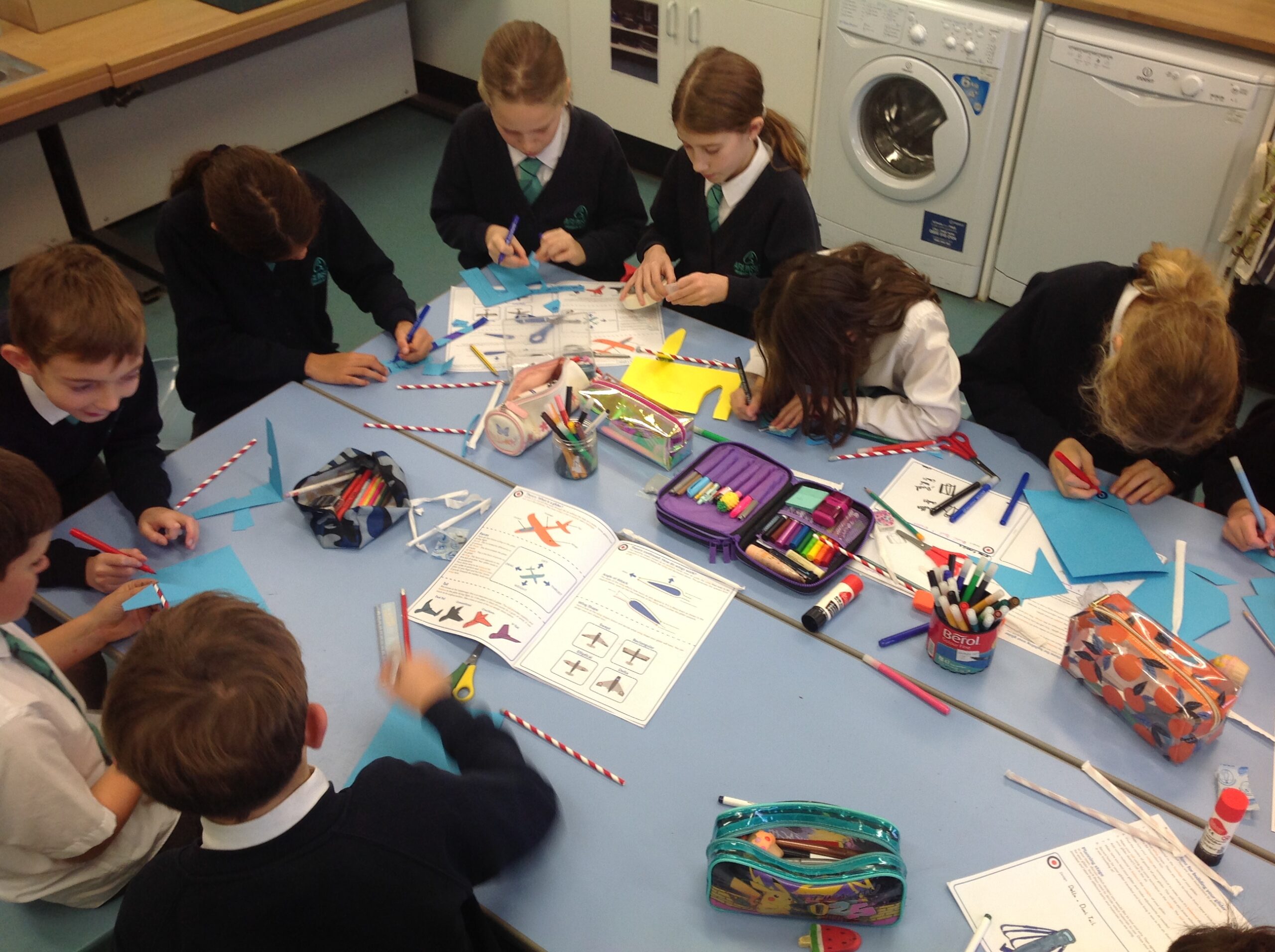
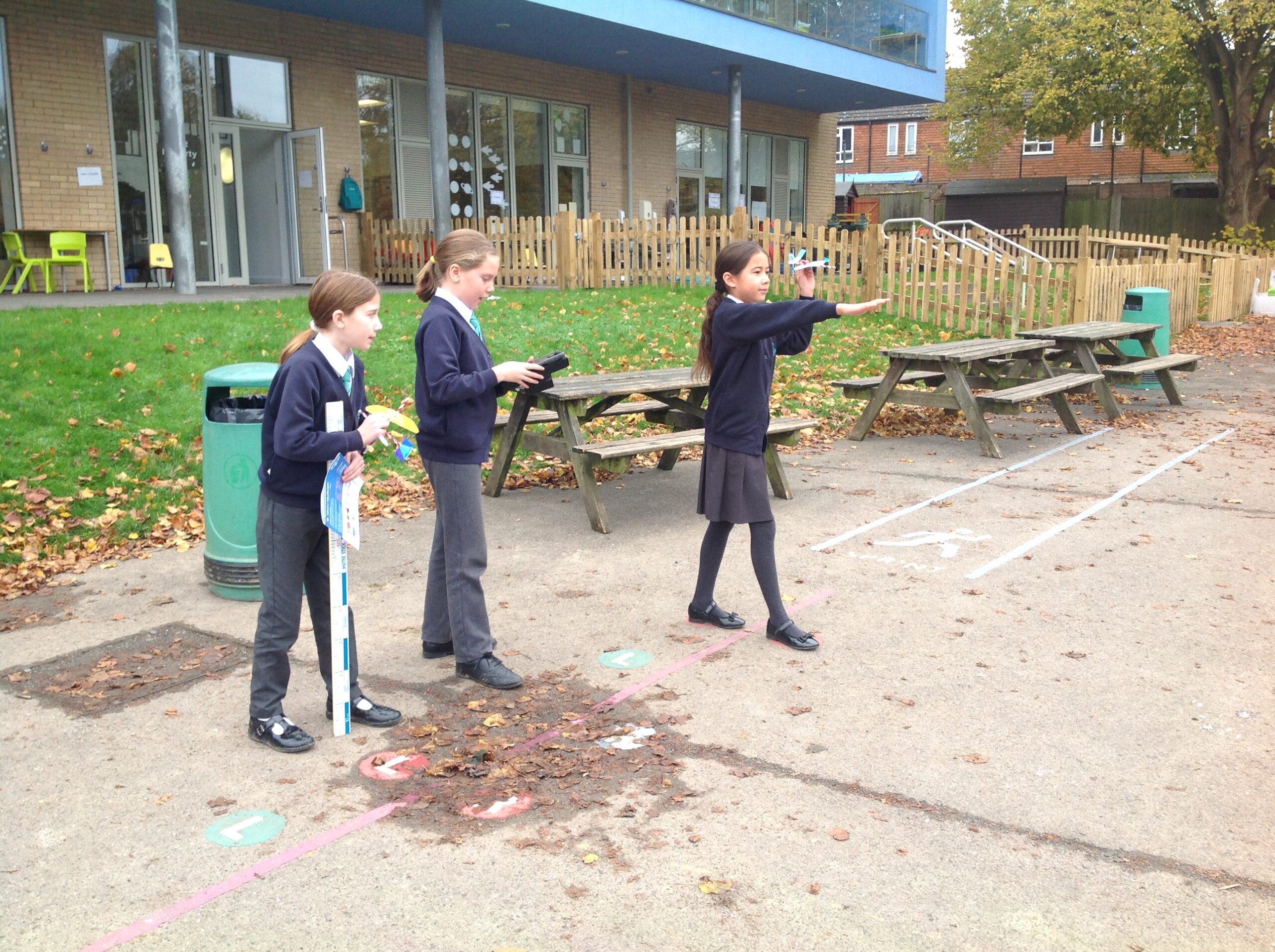
2. Implementation
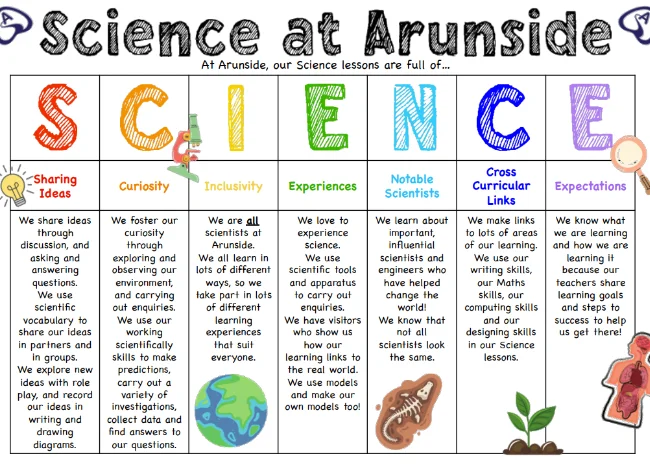
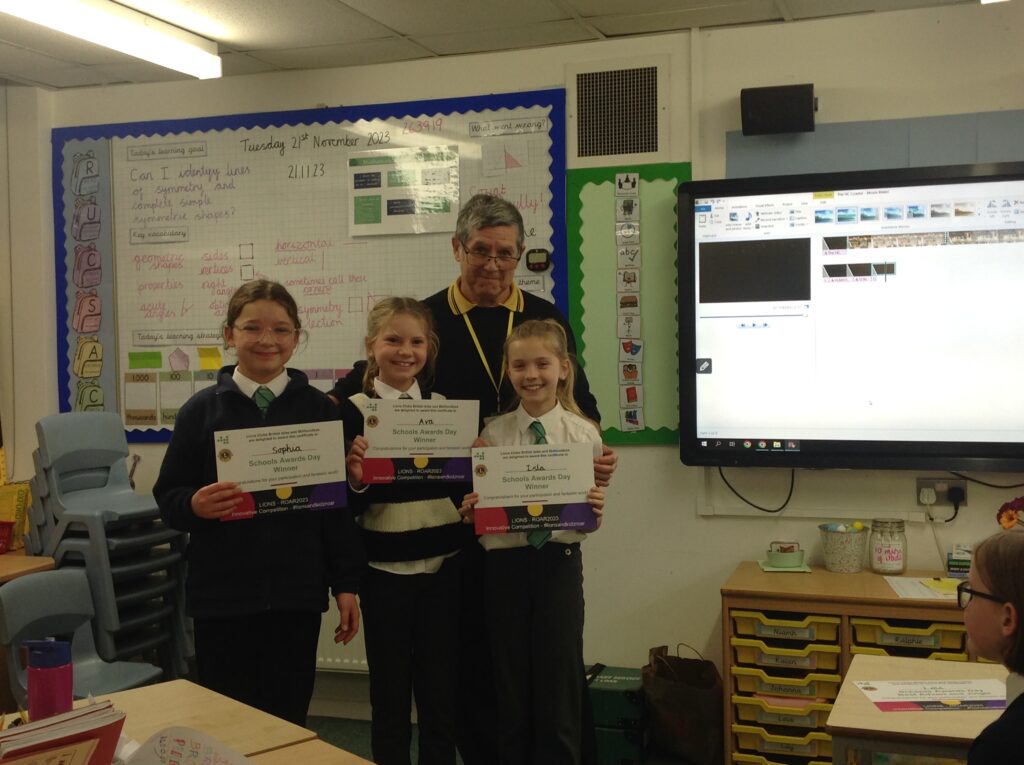
Teaching and learning
At Arunside, our science lessons are full of S.C.I.E.N.C.E!
We use a clear and comprehensive scheme of work in line with the National Curriculum where teaching and learning should show progression across all key stages within the strands of Science. We enrich this by equipping our young scientists with the skills and knowledge to describe their learning using precise vocabulary. They should build up an extended vocabulary, knowledge and apply this throughout their learning journey. Our Science lessons are fun and engaging as a variety of teaching and learning styles are used to develop children’s knowledge, understanding and skills. This could be through whole class teaching, investigation or research-based activities. Children are encouraged to ask and answer scientific questions. Wherever possible, children are engaged in real scientific problem-solving activities. Each unit is planned with prior learning using the Knowledge and Skills Progression documents and end goals are at the heart of learning process.
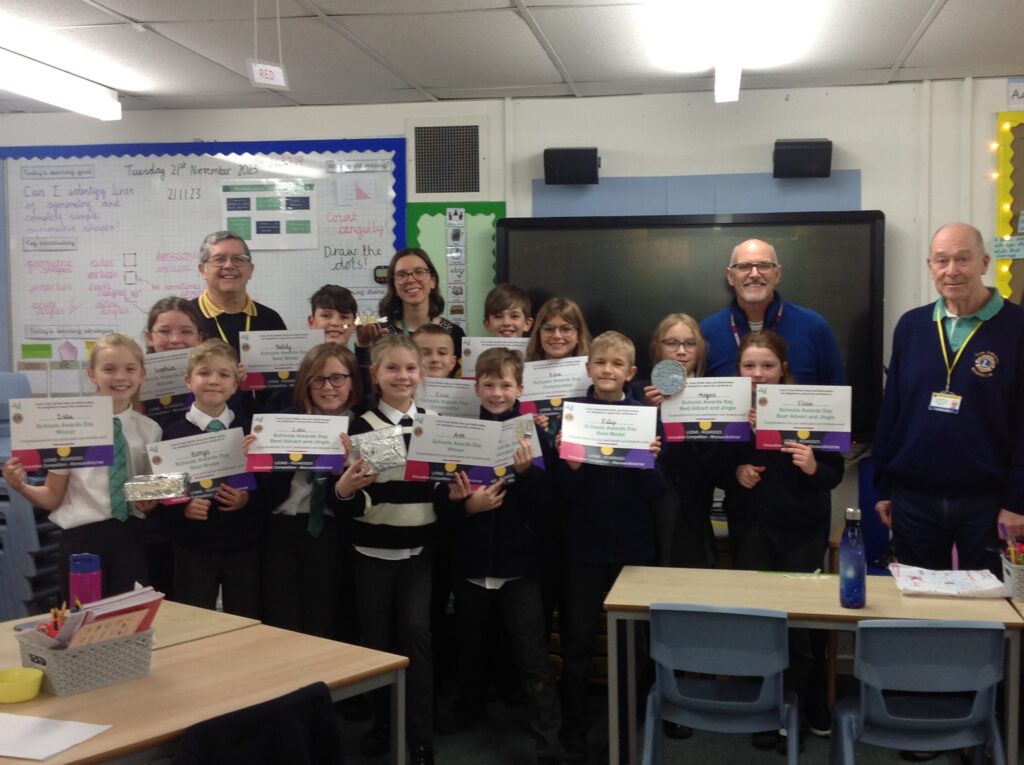
Visitors
We love to bring our Science learning to life with visitors from all areas of the science world. From our Year 1s meeting Henry the Hedgehog to Year 5 working with a real-life engineer to explore gravity with a Pinewood Derby!
Science in the wider curriculum
Links are made with other areas of the curriculum, such as English, Maths and Computing as well as Forest School!
Our Year 6 children took part in Roar 2022 during the Autumn term with the support of the Horsham Lions. They were challenged to design a product that solved a problem, create a model and then produce a video to advertise the product! This involved using their scientific and mathematical thinking as well as employing their computing and DT skills.
All of our children in Key Stage One and Key Stage 2 took part in the Primary Engineer Leader’s Award during the Spring term. This built on the children’s problem solving skills, and gave them an opportunity to design a solution, evaluate it and then write a letter to share their idea with real life engineers! Last year, we had lots of shortlisted entries and even a winner with the product currently being developed by Canterbury Christ Church University! We’re keeping our fingers crossed for this year’s entries!
We love to celebrate British Science Week, and this year the theme was ‘connections’! We took part in lots of different investigations and all got the opportunity to explore connections using K’Nex! We had so much fun and can’t wait to celebrate again next year.
During half term breaks, our families are encouraged to get involved in Science at home by taking part in the #ScienceSelfie competition. This can include visits to museums or wildlife parks, baking something or making slime, or even learning to balance on a bike! Winners from EYFS, KS1 and KS2 are chosen and win a prize for their scientific efforts!
Inclusion
We are committed to ensure all our children’s needs are met and our planning reflects our knowledge of the children and the practical nature of scientific investigations really helps to engage children in their science lessons.
Our budding scientists are also encouraged to explain their thinking and consider different contexts in which to apply their learning through challenge questions and being asked to “Convince Me!”
Assessment
During Science lessons, teachers use their marking, precise questioning and formative assessment tasks to monitor the children’s progress. Summative assessment tasks include end of topic quizzes as well as investigations with a particular skill being used. Insight assessment tracker is used to monitor the children’s progress and attainment in Science as they progress through the school.
3. Impact
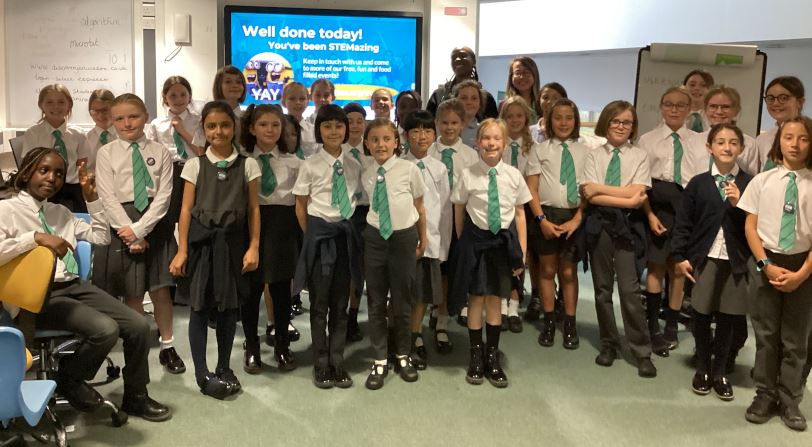
Throughout their time at Arunside, our budding scientists are equipped with the scientific skills and knowledge that enables them to be ready for the secondary curriculum as well as having high aspirations, which will see them through to further study, work and a successful adult life and for life as an adult in the world outside the classroom. Children are able to demonstrate their ability to interpret scientific thinking and suggest ways in which they explore a scientific principle. Children work collaboratively and practically to investigate and experiment. Children will be able to question ideas and reflect on knowledge. They possess a richer vocabulary which enables them to articulate their understanding of taught concepts.
We want every child to see themselves as a scientist and never stop being amazed by the wonders our world has to offer; to carry on asking questions and explore the possibilities open to them.
